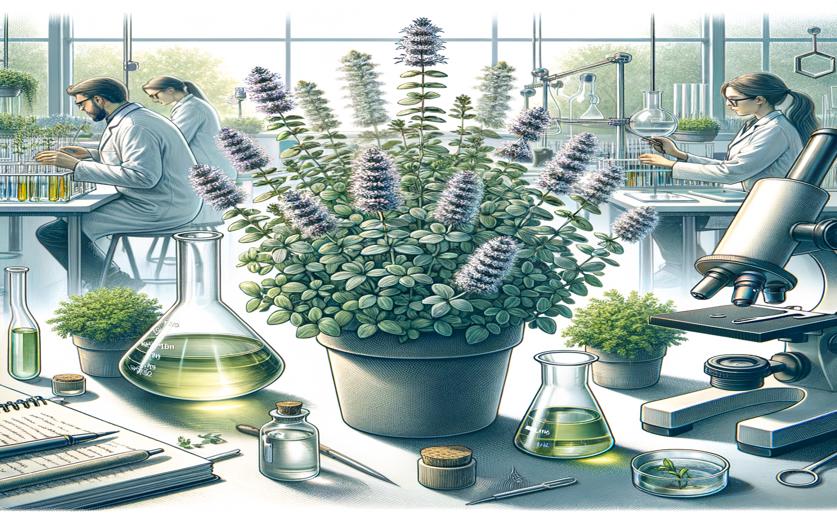
Boosting Thyme Oil Benefits with Lab-Made Plant Variants
Greg Howard
10th March, 2024

Image Source: Natural Science News, 2024
Key Findings
- In a Czech study, genetically altered thyme plants produced 41% more essential oil
- The oil from these altered plants showed stronger antibacterial and antioxidant effects
- It also had a greater ability to reduce inflammation, potentially offering a safer alternative to some drugs
References
Main Study
1) Synthetic polyploidization induces enhanced phytochemical profile and biological activities in Thymus vulgaris L. essential oil.
Published 7th March, 2024
https://doi.org/10.1038/s41598-024-56378-7
Related Studies
2) Systematic analysis of antimicrobial activity, phytochemistry, and in silico molecular interaction of selected essential oils and their formulations from different Indian spices against foodborne bacteria.
3) HPLC, FTIR and GC-MS Analyses of Thymus vulgaris Phytochemicals Executing In Vitro and In Vivo Biological Activities and Effects on COX-1, COX-2 and Gastric Cancer Genes Computationally.
4) Lessons from 20 years with COX-2 inhibitors: Importance of dose-response considerations and fair play in comparative trials.



 15th February, 2024 | David Palenski
15th February, 2024 | David Palenski